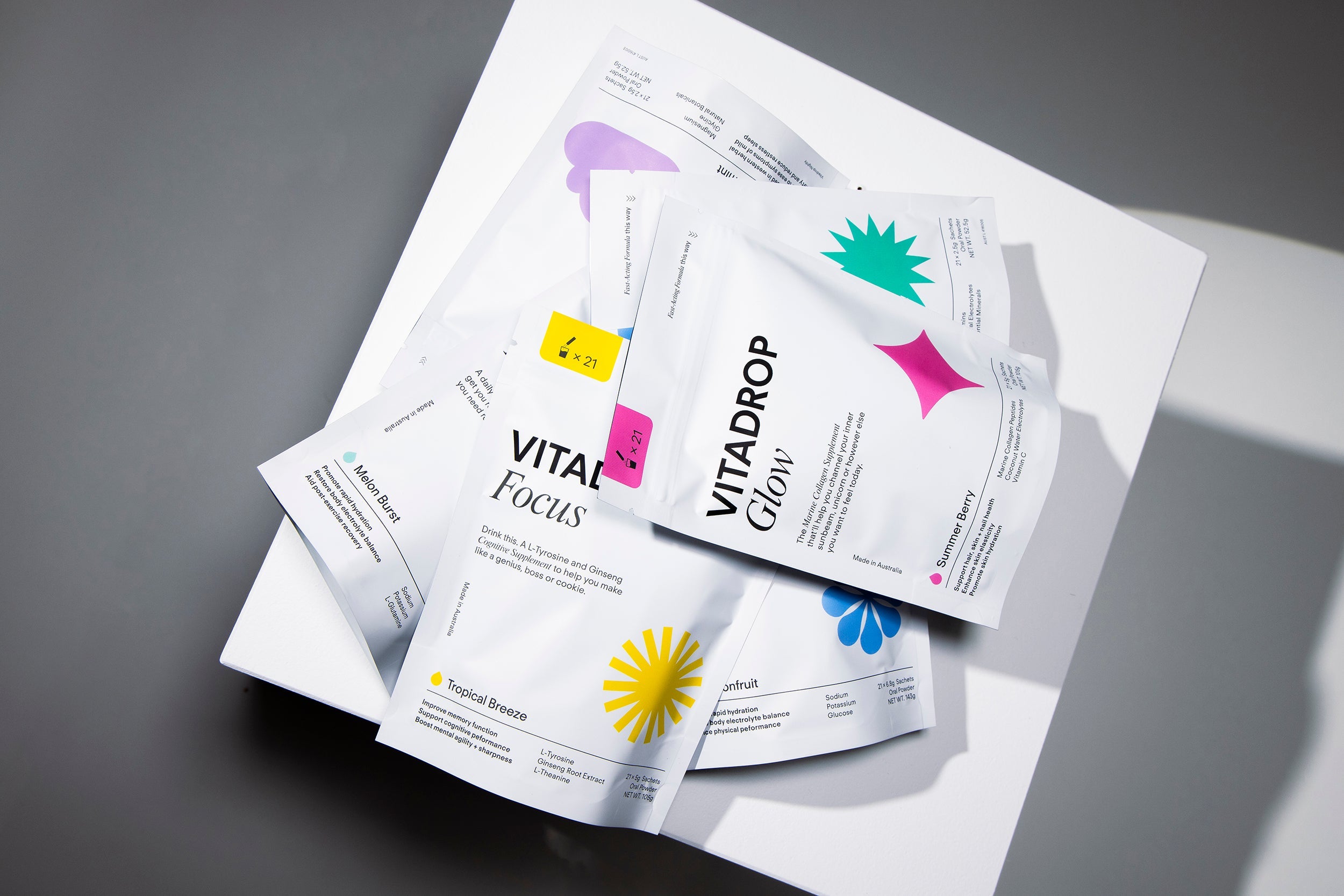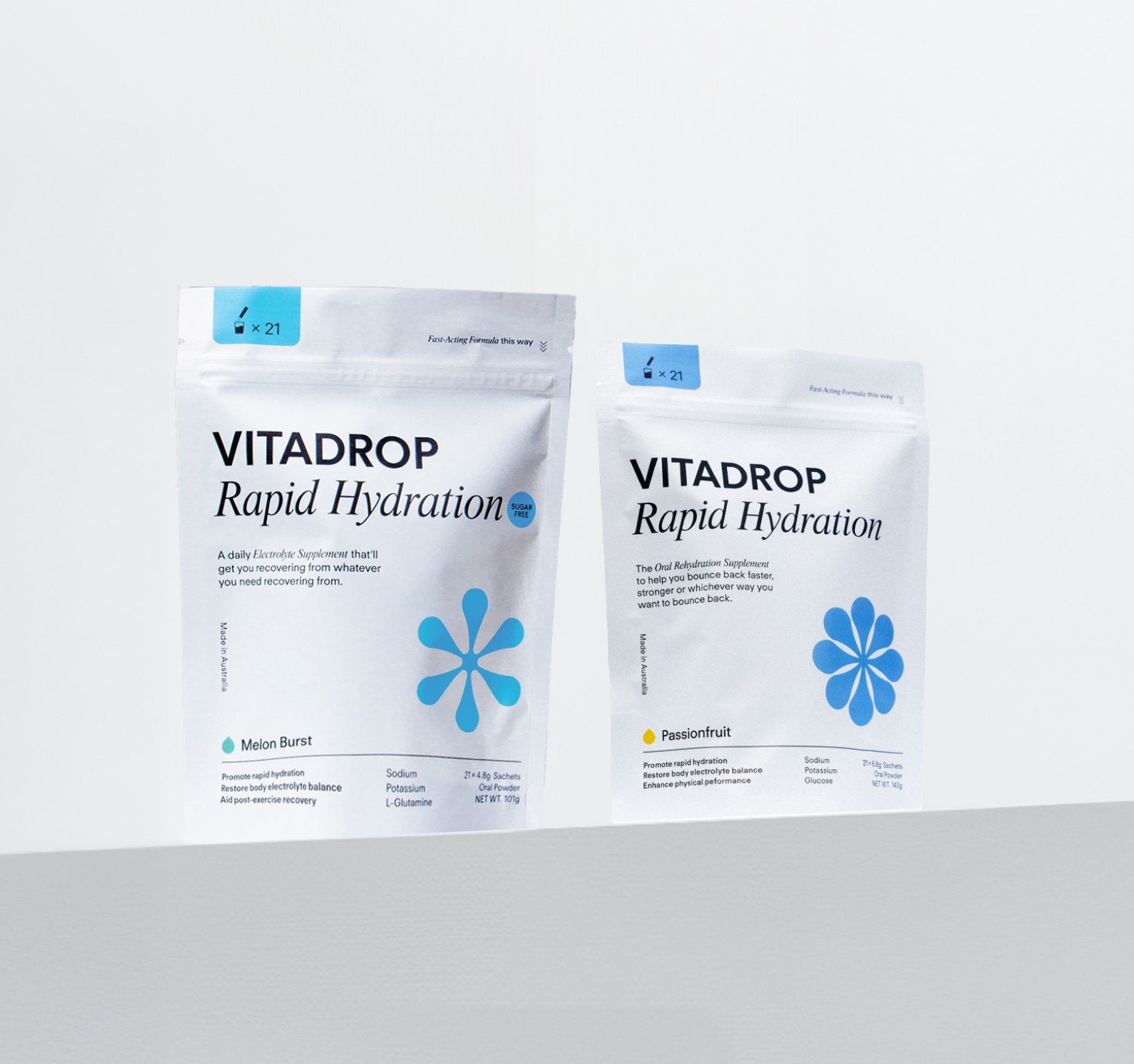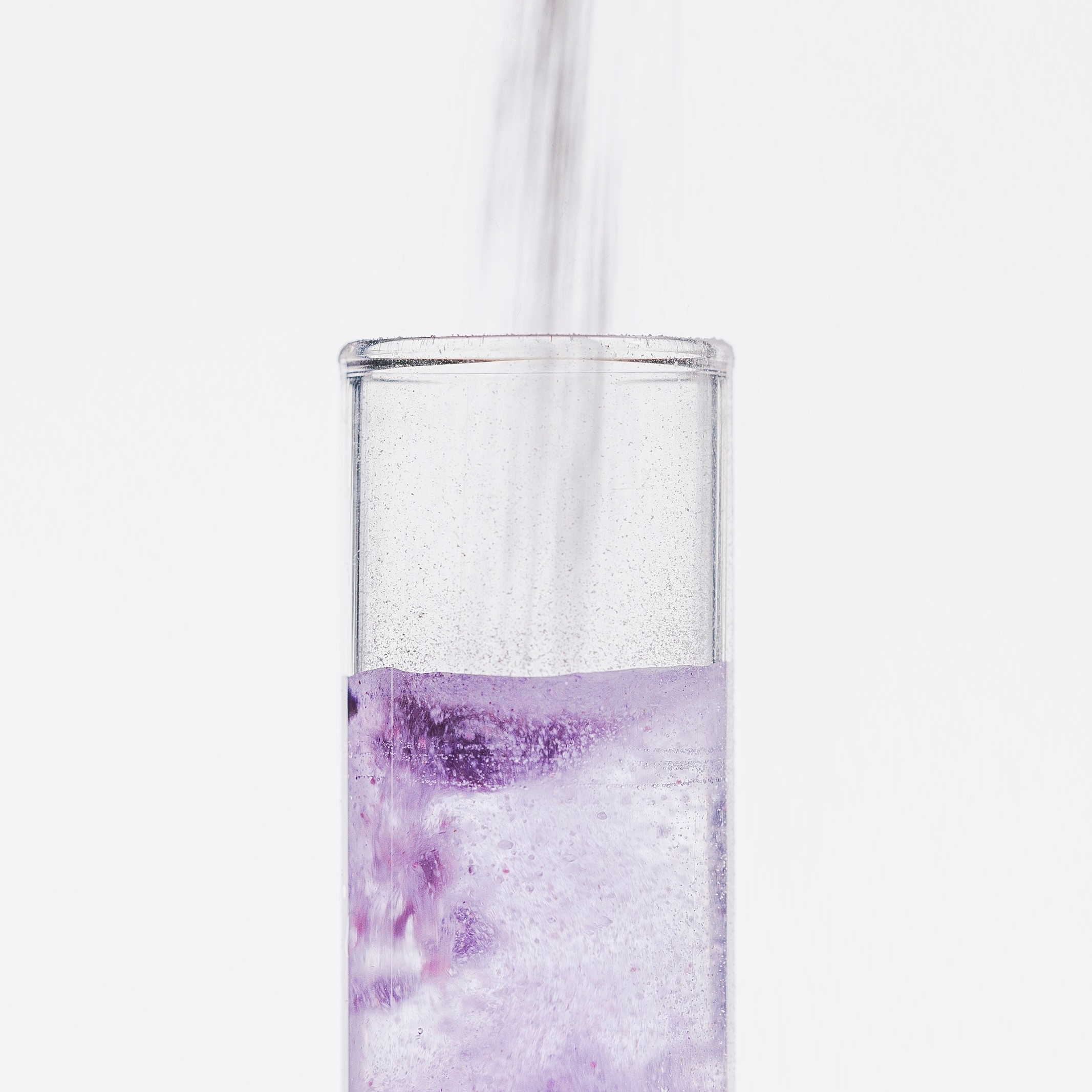Annie Nilsson - Oct 19 2020
A look into the good and bad (yes there’s some bad) of probiotics

Probiotics are made of live bacteria and yeasts that naturally live in your body. Usually viewed in a negative light, bacteria is often associated with making you sick.
However, you have two kinds of bacteria constantly in and on your body: good and bad bacteria. Probiotics are made up of good bacteria that helps keep your body healthy and working well.
When you get an infection, there’s more bad bacteria, knocking your system out of balance. When the gut becomes unbalanced with unhealthy levels of certain bacteria, probiotics can be oh so helpful in rebalancing your system. Studies show probiotics secrete protective substances, turning on the immune system and preventing pathogens from taking hold and making you seriously sick.
But it's important to note that we’re still learning to understand how probiotics promote health.
What we do know is that good bacteria keeps you healthy, supporting your immune function, aiding in digestion, and controlling inflammation. Some good bacteria can even help create vitamins, break down and absorb medications and help support your gut in preventing bad bacteria from entering your bloodstream.
So for the majority, probiotics are safe and highly beneficial - linked to improvements in mood, memory, attention, and energy. But for some, they may do more harm than good.
Probiotics are just part of a larger picture - your microbiome, made up of a unique balance of microbes that are a combination of bacteria, fungi including yeasts, viruses and protozoa.
When it comes to anything health related, everyone is unique and this is no exception - no two people have the same balance of microbial cells. If you notice a reaction you think might be related to your probiotics, understanding what works for your body is the best way to work out what to do about it.
6 reasons why you might not be feeling great:
Too many gut bugs!
Probiotics taken in high doses are only useful if you’ve had antibiotics, medication or bug that’s killed off beneficial bacteria. Otherwise, you’re likely just adding more gut bugs to the mix which may throw off your balance, and comes with a host of other issues.
Often, we overpopulate with a common group of bacteria called Firmicutes - only beneficial when in balance. When out of balance, they generate inflammation, increase sugar cravings, cause weight gain, and kill off beneficial bacteria.
They’re also the most common type consumed, because firmicutes such as Lactobacillus acidophilus, are found in most probiotic capsules, and foods, such as yoghurt or coconut kefir.
If you think this might be the case, apple cider vinegar is a great alternative.
SIBO?
SIBO is an overgrowth of bacteria that makes its way from the large intestine up to the small intestine, which is definitely not where it’s meant to be.
Again, too many Firmicutes may be the culprits.
If you have SIBO, generally it’s safer not to take probiotics. However, this is somewhat controversial, with some studies showing a benefit to probiotics, and others showing adverse effects. If you’re unsure, it's always best to chat to a healthcare professional, test in small doses, and opt for either soil-based probiotics or ones without Lactobacillus strains.
An imbalance or overgrowth of bacteria can damage your intestinal walls. For this, bone broth (or veggie broth) is a great way to heal your insides.
Too much too soon.
When it comes to probiotics, this certainly applies.
Introducing beneficial bacteria into our system can kill off bad bacteria quickly, causing some pretty uncomfortable symptoms, including bloating and gas. Particularly when taking prebiotics and probiotics together.
If this is the case, reduce your dose and work your way up to increase it, or begin with a probiotic, and slowly introduce prebiotics later. When it comes to your health, easing your way into it is never a bad thing.
Allergies to ingredients
For some, allergies or intolerances may be at the heart of an adverse reaction. When purchasing your probiotics, or any other supplement, make sure to read the label carefully as they often contain allergens like dairy, egg or soy, as well as lactose.
These ingredients can cause further dysbiosis or more immediate effects such as autoimmune and allergic reactions.
Strains that influence histamine levels
Histamines can cause a heightened immune response in some people, leading to a rash, swelling or other allergic reactions. Histamine-producing probiotic strains to avoid include most Lactobacillus stains and Streptococcus thermophilus.
To help histamine intolerances and promote gut healing, vitamin C and zinc supplements not only speed up the healing process, but act as a natural antihistamine when taken together.
Are you prone or susceptible to infections?
Just had surgery? Prone UTIs? Probiotics are safe for the vast majority of the population, but may not be the best fit for everyone.
In rare cases, the bacteria or yeasts found in probiotics can enter the bloodstream and cause infections in susceptible individuals. This includes those who are immunocompromised, experiencing prolonged hospitalisation or have undergone recent surgeries.
If this is the case, probiotics can lead to infection, more antibiotic use, and more gut problems, which becomes a not so pleasant cycle. While the risk of developing an infection is very low, it’s important to consult with your doctor if you think you might be at risk.
Reducing the side effects
If you think you might be suffering from the side effects of probiotics, you don’t have to stop taking them completely. Often, lowering the dosage is the best way to minimise any gastrointestinal discomfort or other side effects while your body gets used to the increase in good bacteria.
Along with reducing your dosage, there are some additional practices you can use to help avoid any issues.
Taking your probiotics on an empty stomach
Probiotics can produce gas when combined with certain foods, so taking your supplements on an empty stomach is likely to not only reduce symptoms, but will also ensure the survivability of the good bacteria.
Drink plenty of water
Often, the side effects of probiotics are a result of detoxing your digestive system. Staying hydrated during will speed up the process and help keep you hydrated if you’re suffering from any gastrointestinal issues.
Patience is key
It can take up to two weeks for your body to adjust to the probiotics before the benefits kick in, so make sure you’re giving your body time to rebalance.
Remember that not all probiotics are created equal, there is a huge difference in dosage, ingredients and delivery mechanisms that may impact the efficiency of your supplement.
So, if you’re suffering from adverse effects, try swapping to a different brand. One probiotic is likely to be oh so different from another, especially when it comes to benefits and side effects.
That said, most people thrive on probiotics. Supplements that are high quality, shelf stable, soil-based and contain diverse strains come with huge benefits for your health and wellbeing.
Article credit :
https://www.health.harvard.edu/staying-healthy/should-you-take-probiotics
https://my.clevelandclinic.org/health/articles/14598-probiotics
https://jamanetwork.com/journals/jamasurgery/fullarticle/1676483
https://www.ncbi.nlm.nih.gov/pmc/articles/PMC3099351/
https://www.healthline.com/nutrition/probiotics-side-effects







